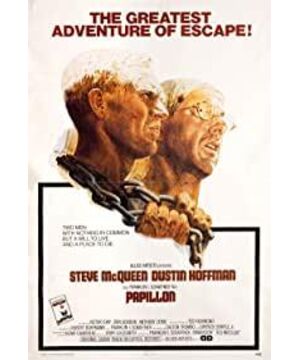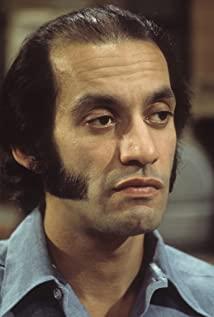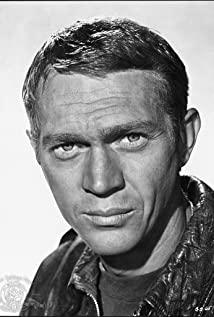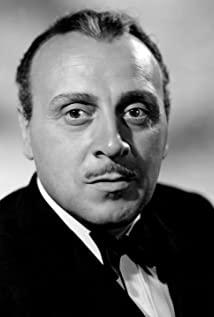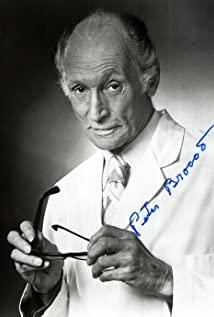Papillon had planned a prison escape plan from the very beginning, but his escape failed again and again. He was imprisoned by a single person for countless years, and was almost facing the death of his life. Each of his escapes did not have too much technical content and sophisticated arrangements, but it was this act of risking his life that most bluntly and simply expounded the spirit of pursuing freedom.
For Papillon, maybe he doesn't care about the result he pursues, life or death is not so important, all he wants is a process, and what he wants is just a key to liberate his inner shackles. When he was white-haired and his old friend lived on Alcatraz Island, his old friend had become accustomed to his own cabin and the days of raising pigs and vegetables every day. Compared with the previous life in captivity, he had gained a certain freedom. But such an isolated island did not retain his flying soul. He stood on the cliff, threw the coconut bag into the sea and jumped. At that moment, the world seemed to freeze, and you could feel that his soul finally got a real release. The last scene, his monologue "Hey, you bastard, I'm still here!" while floating in the sea has also become a classic of this film.
Everyone has a heart that longs for freedom. However, when the age is getting older and the reality is getting more and more cruel, what people finally choose is often the status quo. The older generation will always tell you that this is the way the world is, and sometimes you have to give in. Gradually, he became a slave of money and a plaything of feelings. This is a human tragedy. When you regain your youthful rebellious impulse and pursue the freedom you want in your heart, you may be able to appreciate the meaning of this process. Don't care what others think, be yourself is the most important thing!
View more about Papillon reviews


